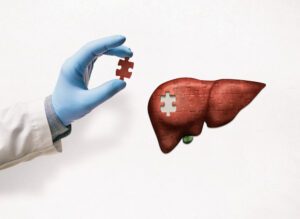
#2 Lifestyle
Although addressing underlying medical and psychological problems is a smart first step in your battle with insomnia, it might not be sufficient to alleviate it. You should also consider your everyday routine and how it affects your sleeping schedule. Also, some of the actions you take to manage your sleeplessness may be making it worse.
For instance, perhaps you use alcohol or sleeping pills, thinking they can help you. However, if you rely on these remedies for an extended period of time, they tend to disrupt your sleep even more. Perhaps you binge drink coffee throughout the day. This makes it more difficult to fall asleep at night.
Other daytime practices that might impair your capacity to sleep at night include napping too much, sleeping irregularly, eating big meals or sweets right before bedtime, and not engaging in physical activity or exercising too close to bedtime.
Usually, changing these behaviors is enough to permanently end insomnia. It’s true that it could take your body a few days to adjust, but once it does, you’ll notice an improvement in the quality of your sleep.







One reply on “The 4 Most Common Causes of Insomnia and How to Deal With Them”
I am 76 years old. I had triple by-pass surgery in July of 2019 in which my esophagus was damaged when they had to inject a breathing tube since my lungs were being by-passed. Then I have had three major disabling strokes. I seemed to be recovering and I had another stroke that has made me re-dependent on my walker. The insomnia was evident while I was in the hospital so they gave me narcotic level prescription. Eventually I stopped that and switched to a variety of OTC supplements especially Melatonin.